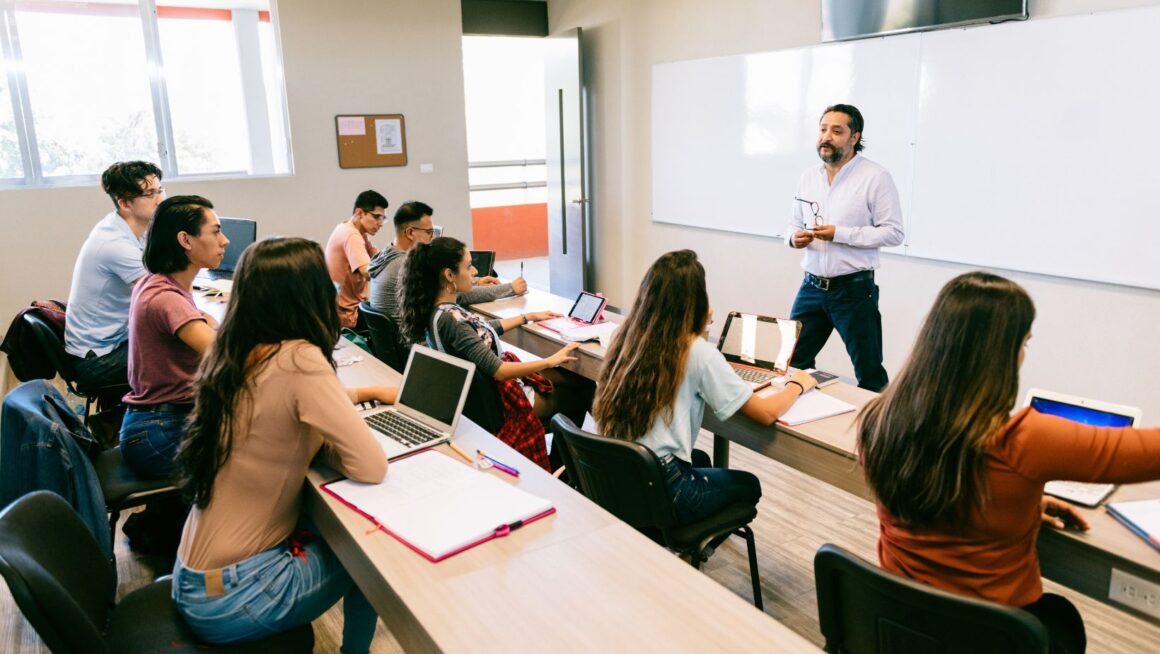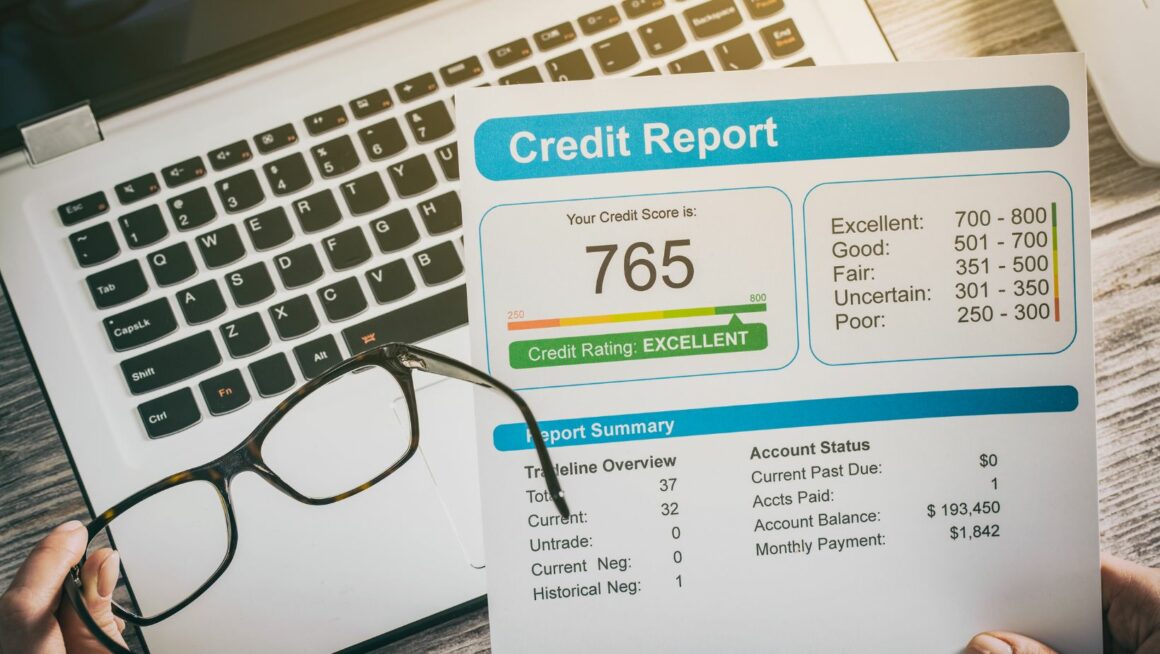The landscape of education procurement is rapidly evolving, driven by technological advancements, shifting priorities, and the need to create more equitable learning environments. As schools, universities, and educational institutions seek to meet the demands of 21st-century learning, procurement strategies are becoming more sophisticated, responsive, and dynamic. In this article, we will explore the most significant trends influencing education procurement and how these changes are shaping the future of learning.
The Rise of EdTech Solutions
One of the most prominent trends in education procurement is the increasing adoption of educational technology (EdTech). Digital learning platforms, cloud-based solutions, and hardware such as laptops and tablets have become essential components of modern classrooms. The COVID-19 pandemic accelerated this shift, as schools were forced to transition to remote learning almost overnight. The demand for digital solutions continues to grow as institutions seek to provide more personalized, engaging, and accessible learning experiences.
Procurement in this space is no longer about simply acquiring hardware and software; it’s about selecting the right tools that can be integrated seamlessly into the curriculum. Schools are focusing on procuring adaptive learning technologies that cater to individual student needs, data analytics platforms that track student performance in real-time, and collaborative tools that enhance teacher-student interactions. In 2023, procurement decisions are being guided by the potential for these technologies to foster engagement, improve outcomes, and support hybrid learning models.
Focus on Sustainability and Green Procurement
Sustainability is increasingly becoming a priority in education procurement. Many schools and universities are adopting green procurement policies that emphasize environmentally friendly products and practices. This trend aligns with the growing awareness of climate change and the need for educational institutions to reduce their carbon footprint.
Schools are procuring energy-efficient equipment, from LED lighting to low-energy IT solutions, and opting for eco-friendly building materials in construction projects. In addition, institutions are seeking to work with suppliers that demonstrate a commitment to sustainability, including reducing waste in their supply chains and offering products made from recycled materials.
This focus on green procurement goes beyond purchasing decisions. Institutions are also adopting sustainability criteria in their vendor selection processes, ensuring that their partners adhere to environmental standards and contribute to the institution’s broader sustainability goals.
Equity and Accessibility in Procurement
Another significant trend is the increasing emphasis on equity and accessibility in education procurement. Schools are recognizing the importance of providing all students, regardless of their socio-economic background, with access to the resources they need to succeed. This has led to procurement strategies that prioritize inclusive learning environments.

For instance, many institutions are investing in assistive technologies for students with disabilities, such as screen readers, braille displays, and speech-to-text software. Moreover, schools are working to close the digital divide by ensuring that students from low-income families have access to devices and high-speed internet at home. Educational procurement strategies are now focusing not only on acquiring the necessary tools but also on addressing barriers to access that many students face.
In addition to hardware, procurement policies are also addressing the diversity and inclusiveness of educational content. Schools are more frequently seeking out culturally relevant materials, diverse books, and inclusive curricula that reflect the experiences and backgrounds of all students.
Data-Driven Decision Making
As with many industries, the use of data is transforming the procurement process in education. Schools and universities are leveraging data analytics to make more informed purchasing decisions, ensuring that the products and services they acquire provide maximum value. From evaluating the performance of digital tools to analyzing the total cost of ownership for new technologies, data plays a critical role in shaping procurement strategies.
For example, institutions are using data to assess the impact of EdTech products on student outcomes. By analyzing performance data, schools can determine which tools are effectively improving learning and which may need to be replaced or enhanced. Additionally, data is being used to track spending patterns, identify areas where savings can be made, and forecast future procurement needs more accurately.
The rise of procurement software platforms has also contributed to the growing reliance on data. These platforms offer features such as automated procurement workflows, supplier performance tracking, and real-time reporting, enabling educational institutions to optimize their procurement processes and ensure accountability.
Vendor Relationships and Strategic Partnerships
Building strong vendor relationships and forming strategic partnerships is becoming increasingly important in education procurement. Rather than simply engaging in transactional relationships with suppliers, educational institutions are looking for long-term partners who can provide ongoing support, training, and innovation.
As schools adopt more complex technologies, they require vendors who can offer not only products but also professional development for educators and technical support for staff. This shift toward strategic partnerships is particularly evident in the EdTech space, where schools are often working closely with vendors to customize solutions that meet their specific needs. Group purchasing organizations (GPOs) further optimize cost and supply efficiencies with industry-specific education gpo contracts.

Other institutions are seeking to diversify their supplier base, actively working with small, local, and minority-owned businesses to promote equity in their procurement practices. This trend reflects a broader commitment to social responsibility and community engagement in education procurement.
Cloud-Based Solutions and Digital Transformation
Digital transformation is reshaping procurement across industries, and education is no exception. Cloud-based solutions are becoming integral to procurement processes, offering increased flexibility, scalability, and cost savings. Schools and universities are adopting cloud-based procurement platforms to streamline operations, automate repetitive tasks, and enhance collaboration across departments.
The shift to the cloud also supports remote learning and hybrid models, enabling institutions to procure and manage digital tools more efficiently. For instance, cloud-based learning management systems (LMS) allow for real-time updates, centralized resource management, and the ability to scale quickly to meet changing demands.
Compliance and Risk Management
As procurement becomes more complex, so do the compliance and risk management challenges. Educational institutions must navigate a wide range of regulations and standards, from data privacy laws like FERPA (Family Educational Rights and Privacy Act) to environmental and labor regulations. Ensuring that procurement practices comply with these standards is critical to avoiding legal risks and maintaining the institution’s reputation.
Additionally, schools are adopting more robust risk management strategies to address potential disruptions in their supply chains. The COVID-19 pandemic highlighted the vulnerability of global supply chains, prompting institutions to reassess their procurement processes and implement contingency plans for future disruptions.
The trends shaping education procurement reflect the broader changes occurring in the education sector. As institutions continue to adapt to new challenges and opportunities, procurement will play a pivotal role in ensuring that schools have the tools, technologies, and resources needed to support student success. Whether it’s through the adoption of innovative EdTech solutions, a focus on sustainability, or the pursuit of equity in access, procurement is at the heart of the transformation of education in the 21st century.



